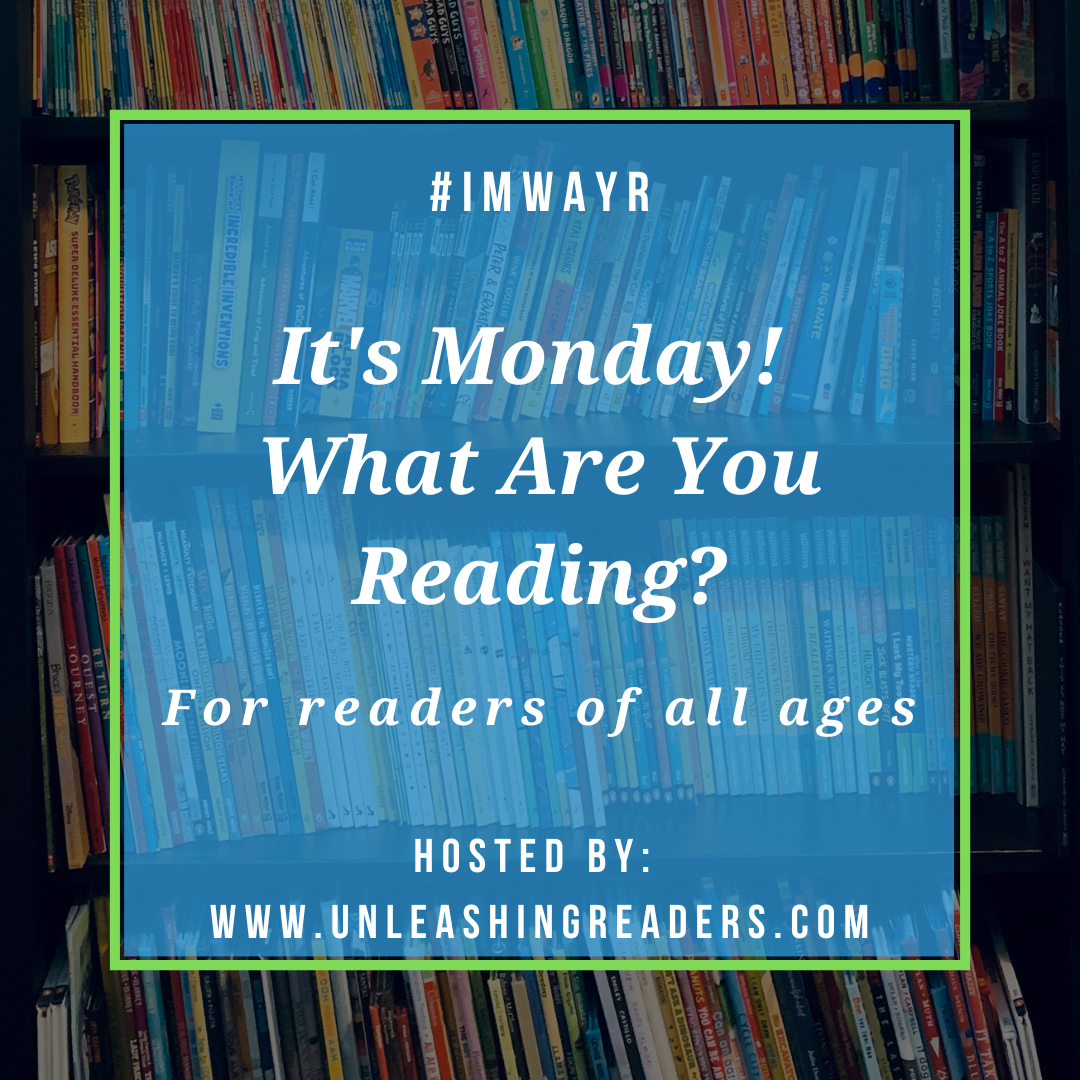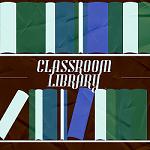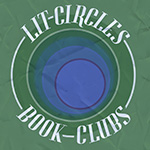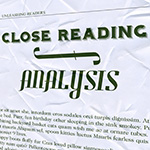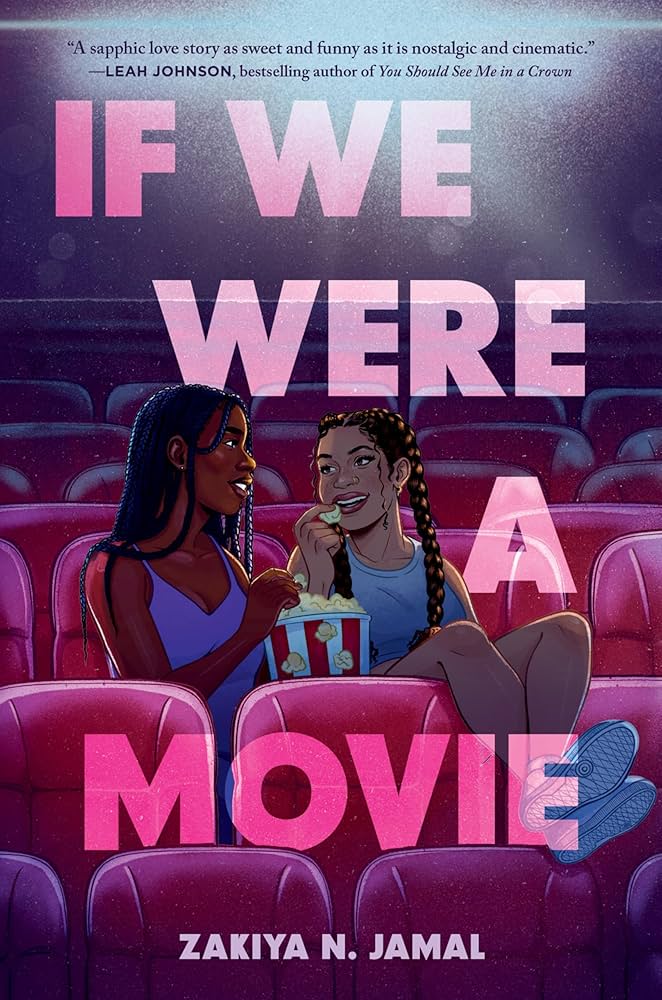“How Literature Saved My Life”
When I left home for the first time, I met a boy.
Many stories begin that way.
At college I met a boy who was smart and charming and handsome and interested in me. As we dated, every conversation became an exploration—we left our own known worlds and set off together into a new landscape, awestruck by the ideas we encountered.
I loved him.
But there were many things about college to love, and many conversations to be had. Most conversations—even the fleeting ones—were like journeys into the unknown. I found little discoveries everywhere.
My boyfriend told me that he wanted all of my conversations to be with him. He didn’t like it when I spoke to other men. He told me that my attitude was flirtations and my behavior “inappropriate.”
I considered his words. The first instinct of most young women in our culture is to blame ourselves rather than question others. I wondered if the excitement I was feeling over others’ ideas could be confused with sexual desire. I knew that sex was not my desired goal, but might others see things differently?
At the time I was navigating my new romance, I was taking a class on Shakespeare and reading Othello.
Othello is, arguably, the most poetic and majestic character to walk across the Shakespearean stage—which means he’s the most majestic and poetic character to walk across any stage. To be fair, he was majestic and poetic until he wasn’t—until he was rendered inarticulate and helpless by jealousy.
In Othello, the process and nature of jealousy are laid bare. I read that play and watched the exact moment that jealousy took hold of Othello. In 3.3, Othello looks at himself and says:
Haply for I am black,
And have not those soft parts of conversation
That chamberers have; or for I am declined
Into the vale of years—yet that’s not much—
She’s gone. I am abused, and my relief
Must be to loathe her.
As long as Othello saw himself positively, he loved Desdemona. As soon as he doubted himself, he doubted her. Othello’s jealousy did not stem from Desdemona’s actions but from his own insecurities. When Desdemona explains to Emilia that she never gave Othello a cause to distrust her, Emilia replies:
But jealous souls will not be answered so.
They are not ever jealous for the cause,
But jealous for they’re jealous.
After reading that play, I broke up with that boy. On my own for the first time, without the proximity of parents or the guidance of friends, I had no one to turn to for counsel. It was Shakespeare who saved me. I felt like his genius reached out over four-hundred years of literary history and snatched me from a potentially abusive relationship.
Thank you, Shakespeare.
In Dani Argyle Takes on the Universe, my protagonist is also on her own. She’s not away from home, but her father is missing in action, her mother is missing in grief, and, because she is overweight, she has few friends. When Dani’s boyfriend begins to be controlling, Dani only has literature to guide her.
From Othello, Dani learns about the nature of jealousy. From The Inferno, she learns about the nature of weakness, violence, and fraud—conditions that exist, not only in hell, but also in high school.
From The Odyssey, she learns that suffering can bring wisdom and that it is possible to lose oneself in grief.
It is true that a story once saved me and that stories guided the protagonist in my novel, but these are not individual cases.
Stories save us all.
As Joan Didion explains:
We tell ourselves stories in order to live. The princess is caged in the consulate. The man with the candy will lead the children into the sea. The naked woman on the ledge outside the window on the sixteenth floor is a victim of accidie, or the naked woman is an exhibitionist, and it would be “interesting” to know which…. We look for the sermon in the suicide, for the social or moral lesson in the murder of five. We interpret what we see, select the most workable of the multiple choices. We live entirely… by the imposition of a narrative line upon disparate images, by the “ideas” with which we have learned to freeze the shifting phantasmagoria which is our actual experience.
We see stories everywhere. As humans, we can’t help it. Our actual existence might be made up of “disparate images” and a “shifting phantasmagoria,” but, just as nature abhors a vacuum, so does the human mind abhor chaos, and stories are the primary cure for chaos.
Because of story, we see beginning, middle, end. Because of story, we see cause and effect. Because of story, we see change over time. Because of story, there is more than chaos: I was that. I am this. I will be something else.
Aristotle asserted that man is an animal who thinks. Nietzsche that man is an animal that laughs. Mark Twain explained that man is the only animal that blushes—or has a need to.
I would argue that man is an animal who tells stories.
Stories are not superfluous. They are the primary unit we have for communicating meaning. Beware of that man. Things are not as they seem. Suffering saddens us, but it also strengthens.
But stories are not only the primary unit we have for communicating meaning: they are the primary unit we have for creating meaning. We all narrate our own story. We are each our own protagonist. Research reveals that we are more likely to be mentally and physically healthy when we see ourselves as the protagonist of our own story rather than the victim of someone else’s. Because of our ability to tell our own story, we experience agency, and our lives are more clearly understood.
Man is an animal who tells stories. About the world. About others. About ourselves.
Our students’ lives will be richer when full of stories: stories they hear, stories they read, stories they tell, and stories that they—as their own protagonist—journey through.
We enrich our students when we give them story. May their stories be diverse and full of wonder.

Published March 31st, 2025
About the Book: Dani feels like she’s fighting the world. Her peers do not accept her because she is overweight; her school is ill-equipped to handle an astute girl with ADHD, and the popular girls hate her for attracting the attention of the mysterious student from Japan. When everything about her life makes her feel confined and powerless, her only goal becomes dropping out of the institution that makes her feel stupid. But when Dani discovers that a psychic has been gutting her mother’s finances, she finally has an adversary worth fighting . . . if only she can control her emotions long enough—and trust her new romance deeply enough—to out-con a con artist.
This book includes discussion questions for class, small group, and individual reflection
About the Author: Vivian Jewell studied English Literature at The University of Virginia where she graduated with high distinction and studied Medieval and Renaissance Studies at Oxford. Her poetry has appeared in The Virginia Literary Review, The Kindred Spirit, and The English Journal. She is a teacher with Fairfax County Schools. This is her first novel.
Thank you, Vivian, for sharing your journey and reminding us about the importance of stories!























































